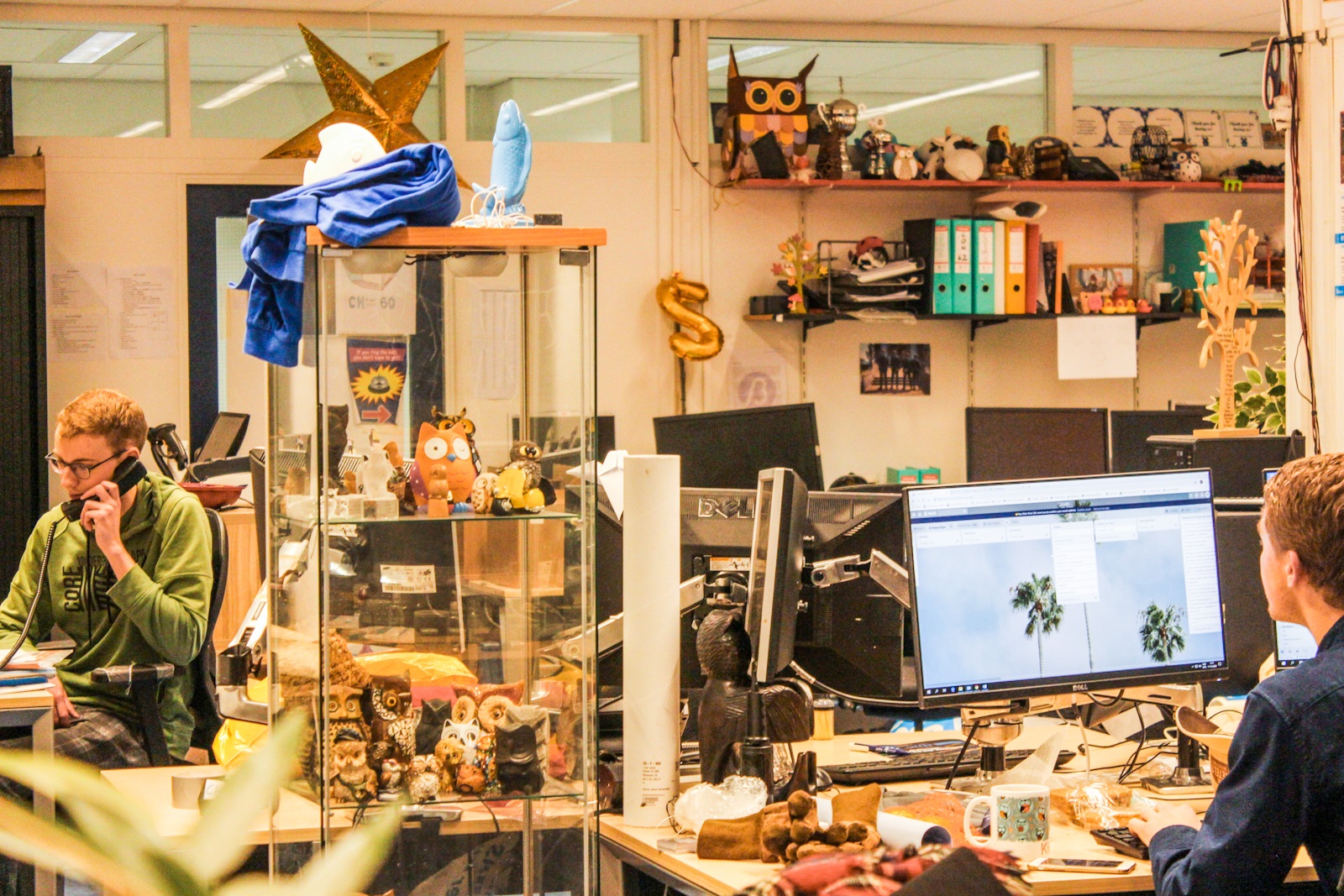The VSNU (Association of Universities in the Netherlands) revisited and clarified the intellectual property rights rules. The key message: be careful about signing anything.
Students are often inventors so think very carefully before starting a project and signing anything, warns TU Delft. You might otherwise be left empty handed. (Photo: Dalia Madi)
It happens more often than you think. You have invented something but have to share the rights with other students, TU Delft or a company. Then see if you manage to put your ideas into practice. Or even worse, your invention completely disappears in the hands of someone else.
In recent years, disputes about inventions between students, universities and companies have regularly hit the news. At the beginning of last year, the House of Representatives demanded (in Dutch) a written response and explanation from the Minister of Education Van Engelshoven. The trigger was a disagreement about intellectual property rights (IP) at the Technical University of Eindhoven (TU/e). The Minister wrote that clearer rules were needed for students. These were produced later that same year.
The VSNU and the NFU (Netherlands Federation of University Medical Centres), in consultation with the DutchSE (Dutch Students for Entrepreneurship), the representative body for entrepreneurial students, summarised the rules and streamlined them in the so-called ‘Addendum Richtsnoer IER’ (IPR addendum guidelines), as a supplement to the existing ‘Richtsnoer omgang met intellectuele eigendomsrechten richting academische start-ups’ (intellectual property rights guidelines for academic start-ups).
The student remains the owner, but there are dozens of exceptions.
The rules are the same for all universities. Previously, TU/e upheld the principle that students waive their rights when they enrol at the university. But this was legally questionable and TU/e scrapped the rule. The basic premise of the law is that the student remains the owner of his/her invention. In principle. But there are dozens of exceptions.
Students seldom work alone. If they invent something amazing as part of their study project, a part of the intellectual property rights may also rest with the teacher or a fellow student. And if students work with a company on a project, a contract is usually signed in advance stating that the students waive their rights in cases of new inventions.
The ‘Addendum Richtsnoer IER’ prescribes how the rights are to be divided in all sorts of scenarios and that agreements are to be made in advance. But the document is hard to get through and is written for universities rather than students.
“As a lawyer I can get through it,” says Adriaan van Noord, Head of TU Delft’s Intellectual Property at the Innovation and Impact Centre. He was closely involved in the creation of the document. “But it’s probably hard to get through for students. This was the reason that we put together a toolkit, the VSNU Communicatie Toolkit that universities can use to translate the contents for students to their particular local context.”
In practice, it is truly intractable
Part of the toolkit is a flow chart. ‘Intellectual property rights is the property of the student unless …’ The chart shows the exceptions that may apply. Unless ‘a company, for example, is involved in an academic project and wishes to get the intellectual property rights’ and you have agreed. The toolkit also handles frequently asked questions, gives links to further information and suggests other organisations that students can turn to for independent advice like DutchSE and RVO.
“We hope that the communication about intellectual property rights leads to greater awareness among students,” says Van Noord. “You need to think about IP before starting a project. TU Delft encourages student entrepreneurship. If you waive your rights contractually, you might end up empty handed, which is why reading the information provided through the Toolkit is so important.”
“I can imagine that if you are 20 years old and are given a contract, that you think everything is fine and you simply sign the dotted line.” But if you are a student with entrepreneurial goals, you should think twice about that, warns Van Noord.
Do you have a question or comment about this article?
tomas.vandijk@tudelft.nl


Comments are closed.